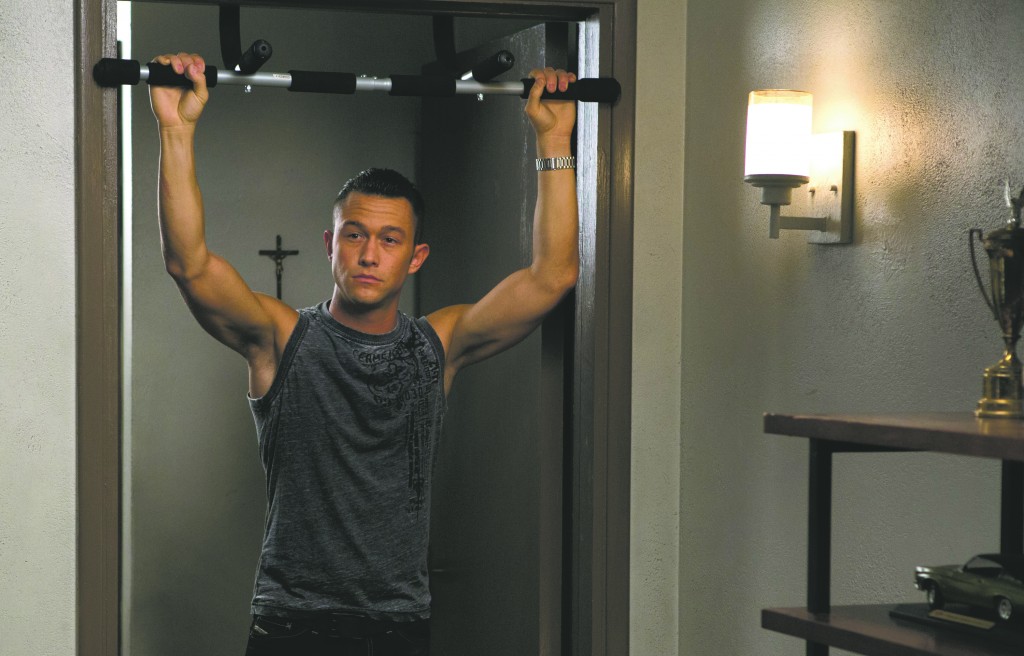
Five years ago, Joseph Gordon-Levitt’s directorial debut “Don Jon” would have been unmarketable, at least outside of the independent theater circuit. And it certainly wouldn’t have attracted so many well-known actors; in the movie, Gordon-Levitt plays a young bachelor who’s casually addicted to pornography. That this film achieved wide release and the participation of actors like Scarlett Johansson, Julianne Moore and uh, Tony Danza (who is actually quite good in this) perhaps suggests that porn is losing its stigma. Maybe now we can all come together and admit that we watch porn actively, if you catch my drift. I predict that the day will soon come when your roommate barges into your room, asks if the hallway smells like weed and sees you about to enjoy the story of a well-endowed pizza man and his cash-strapped customer, and your reaction is “Hey, can you come back in like, five minutes?” And he will respond, “Oh sure dude, let me know how this one is.”
But “Don Jon” isn’t exactly pro-porn, especially not the kind of modern porn that lacks any story or interest in establishing chemistry between the two performers (or three, or 20, if you’re into that kind of thing). Its main concern is with our society’s hyper-consumerism, not with moralizing against pornography. “Don Jon” makes the point that addiction to modern pornography is merely another addiction to a product that hinders real communication by allowing the consumer to live in fantasy, without the mess of having to get too involved with another person’s needs. That Jon is an otherwise “normal” guy who works out, goes clubbing and goes to church suggests that addiction to porn is not the province of degenerates and outcasts.
This is Gordon-Levitt’s first feature-length film as writer and director, and he shows promise. The dialogue for the most part sounds authentic to New Jersey with performances to match. This is the most interesting role I’ve seen Gordon-Levitt in, and it’s perhaps his best performance. Occasionally the film is a bit too on-the-nose about the point it’s making, usually through the dialogue of Julianne Moore’s character, who comes to play an important role in Jon’s life and offers him guidance. But those moments aren’t especially groan-worthy, save for her suggestion that Jon should stop gelling his hair because it’s “unnatural” and superficial. We all know that “sweatpants, hair tied, chillin’ with no make-up on” shtick is B.S. Moore’s performance is endearing for the most part, but her character is one of the more weakly-written ones.
In interviews, Gordon-Levitt seems to be a relatively thoughtful person, and it’s clear that this project means something to him. But frankly, I think the film isn’t as piercing in its observations as the director thinks it is. “Don Jon’s” criticism of our culture’s obsession with fulfillment/salvation through romantic love is refreshing and entertaining, if not terribly revelatory.


